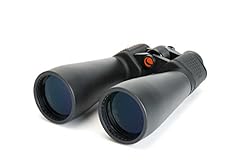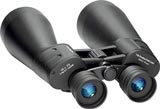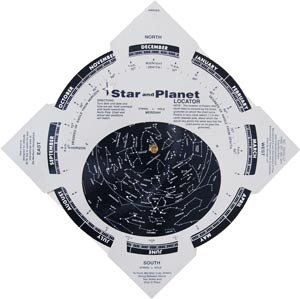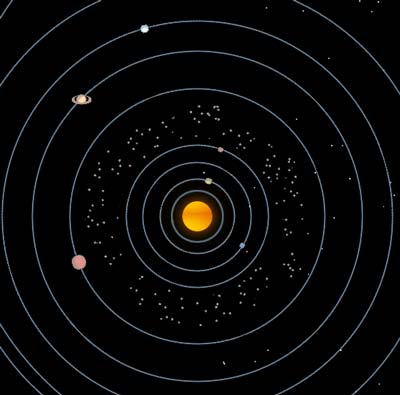What's in the Sky Tonight?
MARCH 2025
Our Favorite Astronomical Binoculars for under $100

Celestron SkyMaster Giant 15x70 Binoculars with Tripod Adapter

Orion 15x70 Astronomy Binoculars with Tripod Adapter
Mar 1: Conjunction of the Moon and Venus
Mar 6: Conjunction of the Moon and Jupiter
Mar 9: Conjunction of the Moon and Mars
Mar 13/14: Total Lunar Eclipse
The first eclipse of 2025 is a total lunar eclipse of the Worm Moon visible across North and South America, the western edge of Europe and Africa, and New Zealand.
Mar 14: Worm Moon
The Full Moon in March is traditionally called the Worm Moon, after earthworms that tend to appear around this time in many locations in the Northern Hemisphere.
Mar 20: March Equinox
The March equinox is the first day of spring in the Northern Hemisphere and the start of fall in the Southern Hemisphere, by astronomical definitions.
Mar 28: Conjunction of the Moon and Saturn
Mar 29: Partial Solar Eclipse
This partial solar eclipse will be best viewed from northeastern Canada, but will also be visible to a lesser extent from most of Europe and parts of North Africa and Russia.
Mar 29: Super New Moon
Dark nights a few days before and after the Moon reaches its New Moon phase at 10:57 UTC UTC on March 29 are the best nights to do some night sky watching. This is the first Super New Moon of 2025.
ASTRONOMY BINOCULARS
A mini telescope you can take anywhere
If you love sky gazing, you have to have a pair of astronomy binoculars!
Binoculars are a fantastic alternative to telescopes—inexpensive, lightweight, and
portable. For city dwellers where there is a lot of light pollution, binoculars are essential if
you want to see much of anything.
Binoculars enlarge and brighten the beauty and immensity of the night sky. You can see the
detail of the moon's craters, the phases of Venus, the moons and stripes of Jupiter, the awesome
jewels that dot the Milky Way, nebulae, star clusters, and comets when they're passing near.
Our favorite astonomy binoculars is the
Celestron SkGiyMaster Giant 15x70 Binoculars. These are excellent as well:
ANOTHER GREAT ASTRONOMICAL TOOL:
THE PLANISPHERE
A year-round, real-time sky map
 A planisphere is
a rotating star chart that allows you to dial in the entire visible sky for any day and
time of the year and with great precision. It has been called an analog star computer and was considered magical in ancient times.
A planisphere is
a rotating star chart that allows you to dial in the entire visible sky for any day and
time of the year and with great precision. It has been called an analog star computer and was considered magical in ancient times.
Planispheres show the brightest stars, constellations, notable galaxies and nebulae, as well as
the path of the Milky Way. The plane of the ecliptic is also shown, which reveals the pathway of
the planets as they appear to move across the night sky.
Purchase a planisphere for $7.95
 See an animation of the movement of planets in our solar system.
See an animation of the movement of planets in our solar system. See amazing views from space
See amazing views from space